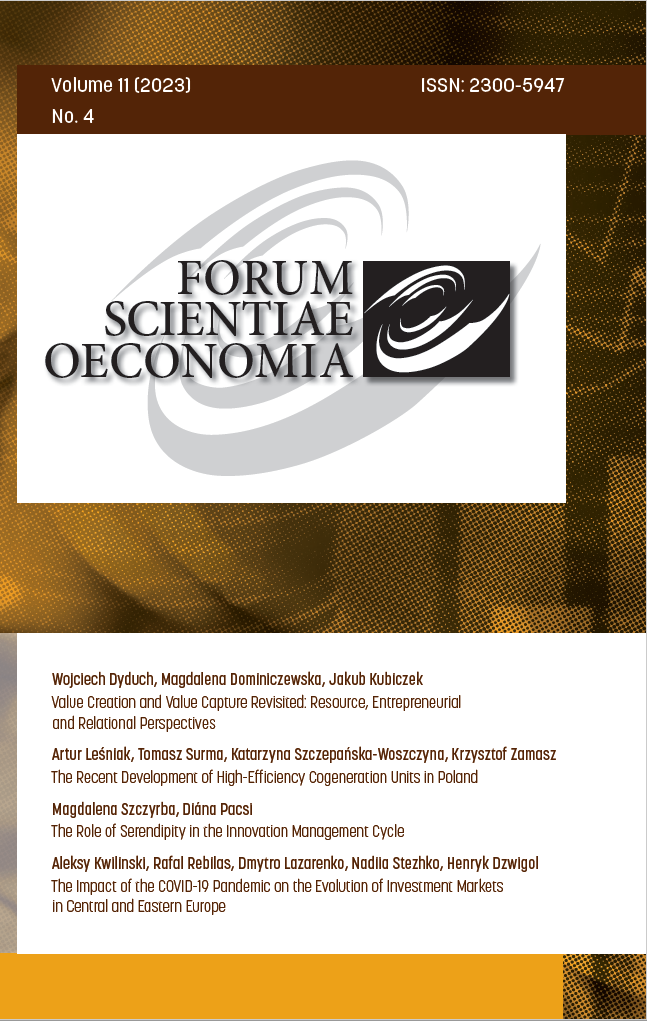Study on the Impact of Remote Working on the Satisfaction and Experience of IT Workers in Poland
Study on the Impact of Remote Working on the Satisfaction and Experience of IT Workers in Poland
Author(s): Edyta Bielińska-Dusza, RENATO LOPES DA COSTA, Monika Hamerska, Agnieszka ŻakSubject(s): Human Resources in Economy, Socio-Economic Research
Published by: Wydawnictwo Naukowe Akademii WSB
Keywords: remote working; personnel policy of the IT company; forms of work; employee satisfaction; information and communication technologies; remote working satisfaction factors; IT industry;
Summary/Abstract: The purpose of this study is to determine the level of employee satisfaction with the performance of tasks assigned by the employer in remote form, to explore the discrepancy between employee expectations and the experience of remote working and to identify the characteristics shaping employee preferences, together with an attempt to identify and classify the requirements of IT staff carrying out theirprofessional duties remotely. Employee job satisfaction is a source of benefits both for the employees themselves and for companies operating in a dynamically changing environment. The issue of remote working is the subject of public debate and is a particularly current and important research topic. Satisfaction with remote working is a multidimensional phenomenon encompassing different aspects of the work experience, as well as a subjective experience that varies from person to person, considered in relation to a variety of factors. The paper is theoretical and methodological in nature, using a variety of research methods and techniques, such as a survey questionnaire, the Kano model and the Servqual approach. These methods were supported by a classical literature review, which served as a supporting tool and starting point for further analysis and critique of the literature, as well as structural and causal analysis. The primary data collected through the survey questionnaire were analysed and inferred, and the results showed that IT employees’ expectations of remote working are not fully met, especially in the areas of career development and adaptation. Significant differences relate to bonuses, recognition and job stability. The largest unfulfilled expectations are related to job stability, bonuses, allowances to cover the costs of remote working and workplace flexibility. Remote working has positive aspects such as less environmental stress, higher productivity, reduced costs and commuting-related stress. Most of the identified features of remote working (20 out of 24) directly influence job satisfaction. Access to global projects attracts potential employees the most. Three features – subsidised equipment, coverage of remote working costs, and the environmental impact of remote working – are irrelevant to employee satisfaction. This study addresses a topical and relevant contemporary issue in the field of remote working and job satisfaction. It is a pioneering study focusing on the links between remote working and IT employee satisfaction. To date, research has considered the issue from the perspective of remote working, the IT sector or job satisfaction in relation to various factors. However, there is a lack of research combining these three issues. Furthermore, analysis based on the Servqual method and the Kano model has so far been used to measure service quality in various industries and to analyse and categorise customer needs in relation to satisfaction. The application of this tool to the study of employee satisfaction with remote working in the IT industry is a new and unique approach. The findings may be relevant to employers, IT employees, HR professionals and regulators alike.
Journal: Forum Scientiae Oeconomia
- Issue Year: 11/2023
- Issue No: 4
- Page Range: 9-34
- Page Count: 26
- Language: English

